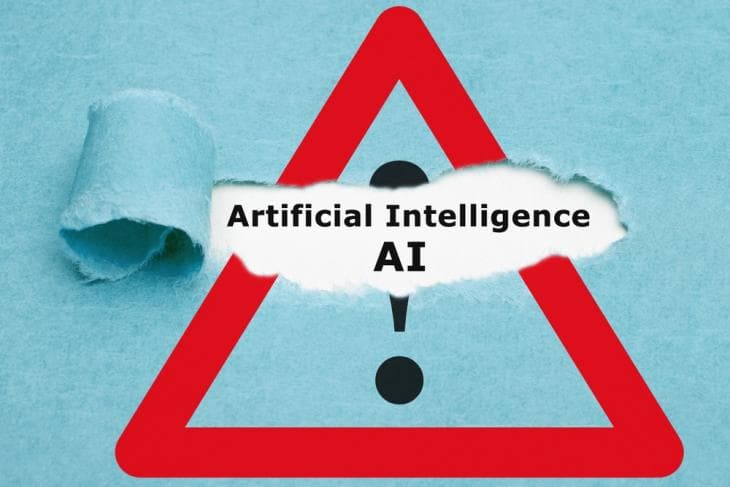
Ten key issues with AI.
| No. | Issue | Definition | Impact | Cause |
| 1 | Hallucinations and Factual Inaccuracy | AI models can produce incorrect or fabricated outputs. | Critical in sensitive domains like healthcare, law, journalism, and finance. | Models prioritize fluency over factual correctness. |
| 2 | Bias and Discrimination | AI models can amplify societal biases. | Leads to unfair practices and perpetuates stereotypes. | Biased training data. |
| 3 | Intellectual Property and Copyright Infringement | AI-generated content may infringe on existing copyrights. | Legal and ethical concerns, lawsuits. | Unsettled legal frameworks. |
| 4 | Misinformation and Disinformation | AI can create realistic fake content. | Threatens trust in media, used for manipulation and fraud. | Increasingly difficult to detect fakes. |
| 5 | Environmental Impact and Resource Intensity | AI requires significant computational power and energy. | Contributes to climate change and resource strain. | High energy consumption and cooling needs. |
| 6 | Lack of Transparency and Explainability | AI models are often “black boxes.” | Difficult to identify errors, build trust, and ensure fairness. | Complex internal workings. |
| 7 | Data Privacy and Security Risks | AI may reproduce sensitive information from training data. | Data breaches and privacy violations. | Large amounts of data used. |
| 8 | Job Displacement and Workforce Transformation | AI can automate tasks traditionally done by humans. | Job displacement and need for reskilling. | Automation of various tasks. |
| 9 | Over-reliance and Loss of Critical Thinking | Users may over-rely on AI without fact-checking. | Decline in critical thinking skills and spread of unverified information. | Increased use of AI tools. |
| 10 | Ethical Governance and Regulation Lag | Legal and ethical frameworks lag behind AI development. | Regulatory vacuum and difficulty in establishing guidelines. | Rapid pace of AI development. |